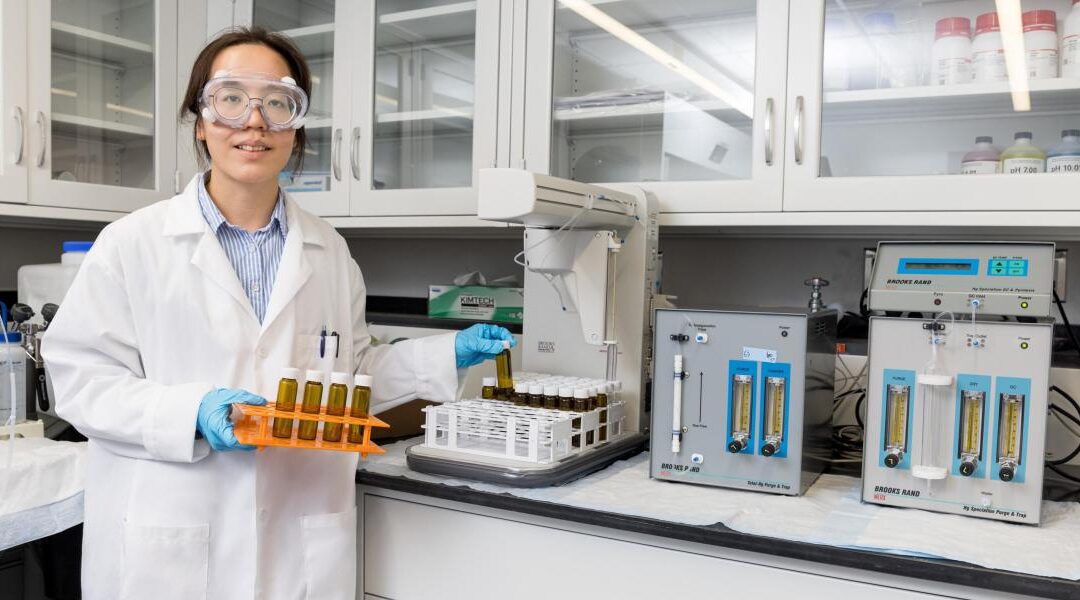by | Aug 19, 2023 | News
Rather than turn to vices such as alcohol and drugs, many people turned to new pursuits to cope with pandemic-related stresses, according to a Rutgers study. The study, published in the journal Drug and Alcohol Dependence, paints a more nuanced picture of how... 
by | Aug 18, 2023 | News
Climbing temperatures in the Arctic tundra are transforming inorganic mercury deposited by power plants and other industrial polluters, some of it inert for decades, into a neurotoxin that is accumulating in the region’s lake sediments, wetland ponds, soils and food... by | Aug 17, 2023 | News
Please read Dr. Jimenez’s article in the Journal of Allergy and Clinical Immunology titled, “Reach Out and Read Implementation: A Scoping Review.” Eighty percent of third-graders who live in poverty do not read at grade level. Third-grade reading... by | Aug 17, 2023 | News
Since the foreclosure crisis, Kathe Newman has been leading research into mortgage lending disparities in communities – work that will soon be expanded to include community organizations in Camden to better understand the challenges residents face in securing... by | Aug 16, 2023 | News
Nurses were burning out before COVID-19. Long hours, intense emotions and cumbersome procedures all generate stress. The pandemic made a bad situation worse, according to research from an unusual source: freshly minted doctoral degree recipient Lynne Moronski. Unlike...

